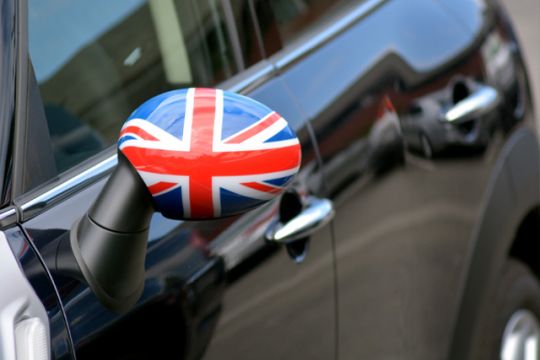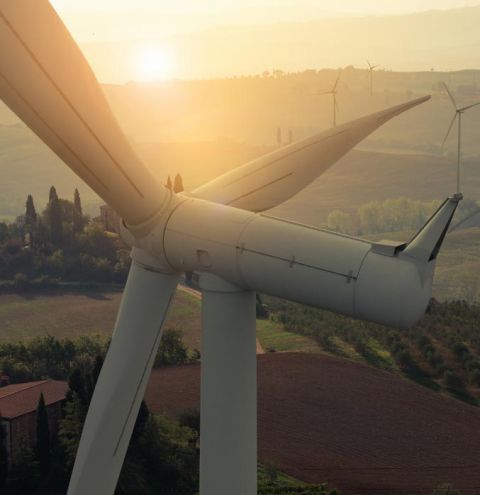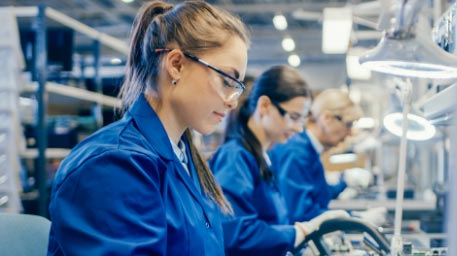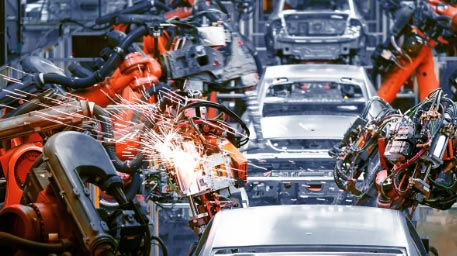
German automotive giant BMW is set to make a transformative investment in its Mini production plant near Oxford, positioning the facility for a new era of electric vehicle manufacturing. This substantial financial commitment, expected to be around £600 million, will revamp the Cowley plant, extending its capabilities to build the next generation of electric Minis, with production to commence by 2026.
This visionary move is not only about electrifying the Mini brand but also about safeguarding the future of two crucial factories, including one in Swindon, where more than 4,000 employees currently work across both sites.
The plan includes a complete overhaul of the Cowley plant, with enhancements such as modernised production lines, an expanded body shop, and a designated area for battery installation. Additionally, logistics facilities at both Cowley and Swindon factories will be improved, enabling the production of electric Mini models alongside their conventional counterparts.
Crucially, the UK government is providing support for this investment through its Automotive Transformation Fund, with an estimated £75 million in funding. This collaborative effort underscores the commitment to bolstering the British automotive industry.
BMW's decision aligns with the broader industry trend toward electric vehicles, with the Mini brand expected to transition fully to electric propulsion by 2030. Although initial plans hinted at shifting electric vehicle production to China, BMW's partner in this venture, the company is now committed to producing these models in the UK.
The first electric Mini was launched at the Cowley plant in 2019, but recent developments signify a change in strategy. Production of the upcoming electric Mini models will commence in China next year, followed by Cowley in 2026.
Prime Minister Rishi Sunak said BMW's investment was "another shining example of how the UK is the best place to build cars of the future".
Business and Trade Secretary Kemi Badenoch told the BBC's Radio 4 Today programme that the news was "exciting" and that it would ensure the sector "continues to be buoyant". "The automotive sector is one that is very critical to the UK economy and it is facing headwinds, so ensuring we're able to sustain it with continual investment in the industry is fantastic."
This investment is part of a broader government-backed effort to promote electric vehicle development in the UK ahead of the 2035 ban on the sale of new petrol and diesel cars. The UK is positioning itself as a hub for electric vehicle innovation, with initiatives such as Jaguar Land Rover's gigafactory in Somerset, Stellantis' electric van production in Cheshire, and Nissan's EV expansion in Sunderland.
While there have been setbacks in the automotive industry, such as the closure of Ford's Bridgend engine plant and Honda's Swindon factory, BMW's announcement is a significant step in the right direction. With the 2035 deadline for EV adoption approaching, this investment represents a promising development for the UK automotive sector.
However, challenges remain, particularly concerning the source of batteries for the cars manufactured at Cowley. New regulations set to take effect next year could impose tariffs on cars with batteries made outside the UK or EU when exported across the Channel. BMW, along with other businesses, is actively lobbying to address these potential obstacles.
In summary, BMW's substantial investment in its Mini factories not only marks a pivotal moment for the iconic brand but also strengthens the British automotive industry's position in the global shift toward electric vehicles. With bold plans, government support, and a renewed focus on sustainability, the UK is poised to play a leading role in the future of automotive innovation.
Reference: www.bbc.co.uk “BMW investment secures future of Mini factories” By Theo Leggett, Business correspondent, BBC News.
https://www.bbc.co.uk/news/business-66745660



